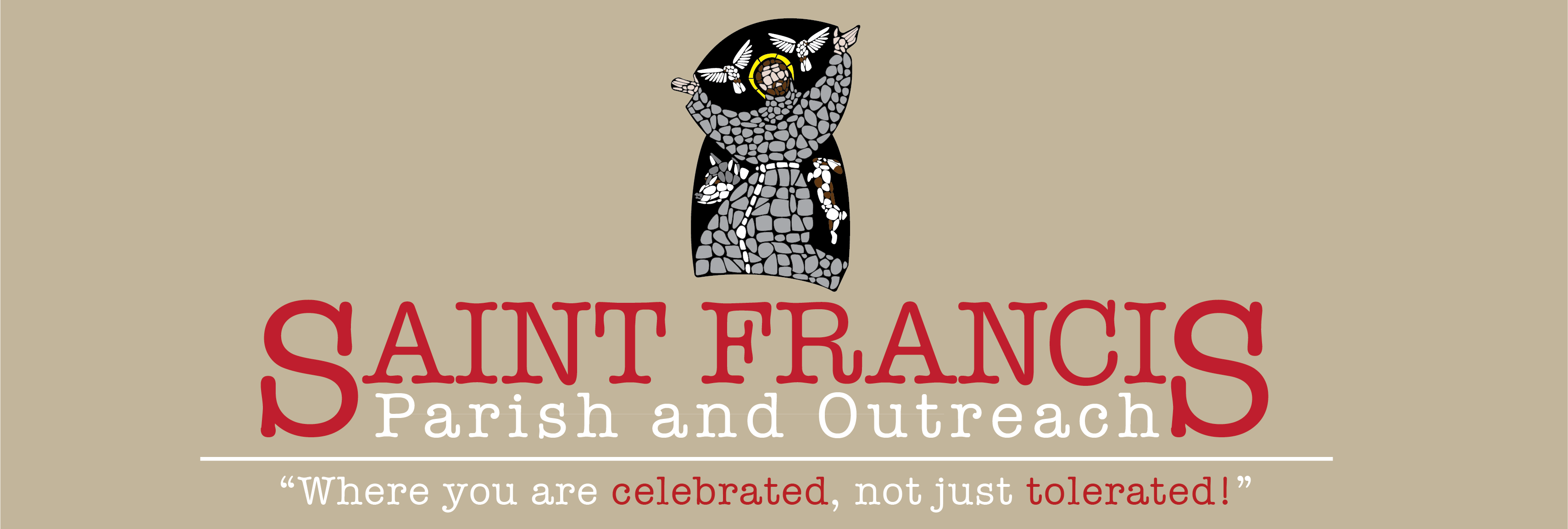Let’s be honest—standing up for the marginalized isn’t a glamorous calling. It’s rarely comfortable. Sometimes it’s awkward, even painful, like trying to squeeze through a narrow door while carrying a suitcase full of privilege and bias you didn’t realize you packed. But the lectionary readings—Isaiah 66:18–21, Hebrews 12:5–7, 11–13, and Luke 13:22–30—won’t let us off the hook. They combine to form a steady drumbeat, calling us to look beyond ourselves, push through resistance, and show up for those most easily ignored.
Isaiah paints this wild, inclusive vision: “I am coming to gather all nations and tongues.” Not just the people who look, act, or believe like us. Everyone. Even those we’ve written off, those whose stories we’ve never heard. God’s heart beats for the outsider; God gathers people from the fringes and sends them out as witnesses of hope. The marginalized aren’t just included—they’re sent as ambassadors.
Then Hebrews comes in and reminds us, “Don’t shrug off God’s discipline.” (If you’ve ever tried standing up for the overlooked, you know: it’s not easy. People might misunderstand you, or outright oppose you.) It’s tempting to give up, to slide back into comfort. But Hebrews says the hard stuff—the resistance, the discomfort—is a sign we’re growing. “No discipline seems pleasant at the time, but painful.” And yet, it “produces a harvest of righteousness and peace.” Walking alongside the marginalized isn’t about being a savior. It’s about letting ourselves be changed and becoming more like Jesus—who, let’s not forget, was constantly hanging out with those on the edges.
And then there’s Luke’s “narrow door.” Jesus says, “Make every effort to enter through the narrow door, because many, I tell you, will try to enter and will not be able to.” I’ve always pictured this as a challenge, not just to squeeze ourselves in, but to try to make room for others—especially those society would rather leave outside. The narrow door isn’t just about me and my faith journey. It’s about who I’m willing to stand beside, even when it costs me something.
Maybe standing up for the marginalized means listening—really listening—to stories I don’t understand. Maybe it means using my voice and privilege to amplify someone else’s. Maybe it means calling out injustice, even when it’s unpopular. Maybe it requires discipline: the discipline to keep showing up, to let my heart be broken open, to choose the narrow door every day.
God’s vision is so much bigger than my comfort zone. If Isaiah’s right, the people I least expect might become the very ones teaching me about God’s love. If Hebrews is right, pushing through what’s hard grows us up into peace. And if Luke is right, the narrow door is open—but it takes humility and courage to walk through it, especially if we’re determined not to go alone.
So today, let’s try to walk that way. Let’s stand up, reach out, and make space at the table, believing that God’s invitation is for everyone—especially those who’ve spent too long on the outside looking in.
Pax et Bonum,
Bishop Greer
